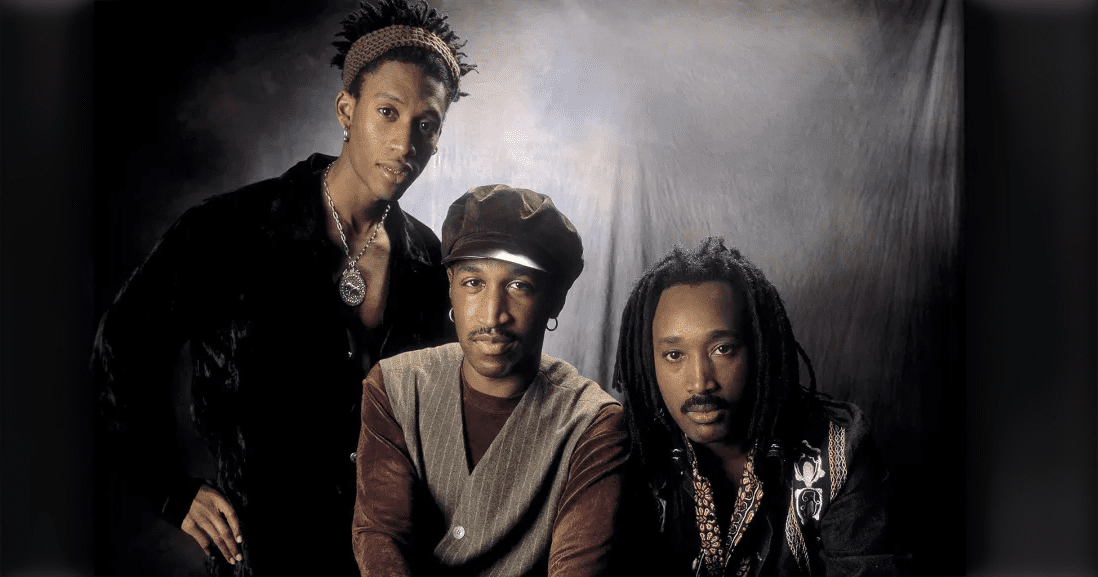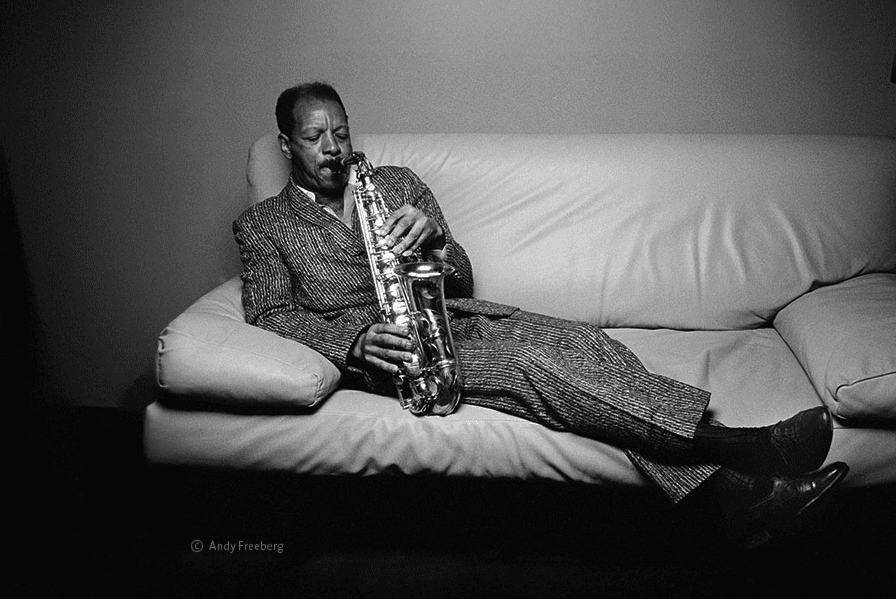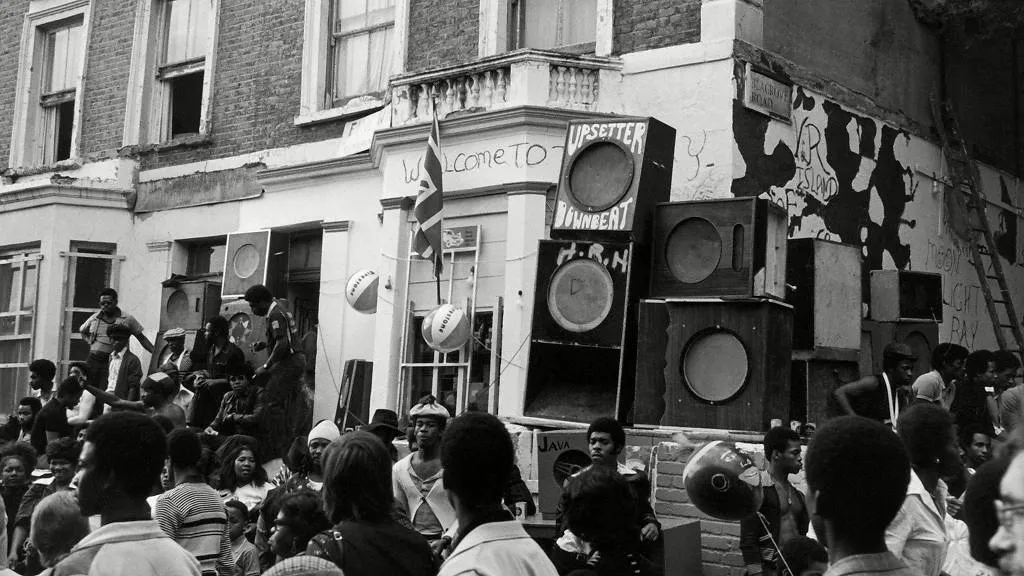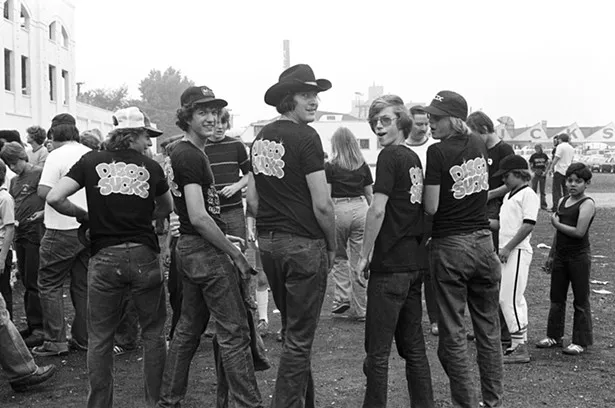The Red Line Between Free Speech and Hate Speech

The debate around the red line between free speech and hate speech is complex, and it touches on sensitive issues, such as cultural differences, political correctness, cancel culture, and the proper boundaries for comedy. Join us as we navigate the complexities of the red line between free speech and hate speech.
Free Speech As a Hedonic Freedom
Freedom of speech is often celebrated as an essential cornerstone of democracy, but what is it? Some view it as hedonic freedom, which means the ability to say or express whatever brings us pleasure. Others believe that freedom of speech is about protecting the right of people to share their ideas and opinions, no matter how controversial, without fear of censorship.
Trigger Warning: The Story of How Language Became “Politically Incorrect”
Political correctness refers to the language, policies, and measures that are designed to avoid offense or disadvantage towards particular groups. This movement has its origins in the early 20th century when socialists led the way in pushing for language reform during the Soviet era. In the 1970s, the movement took hold in America, where groups such as feminists, civil rights activists, and members of the LGBTQ+ community advocated for inclusive language in public discourse.
Over time, political correctness has gained strength, and now some believe that it has gone too far, stifling debate, and creating a climate of fear where people are afraid to express an opinion that differs from the ‘woke’ perspective.
Woke culture is a term used to describe individuals who are socially and politically aware of the systemic inequalities that affect marginalized groups. The rise of social media has increased access to information, brought awareness to social injustices, and given platforms to individuals who want to fight against such injustices. This has given birth to the phenomenon of woke culture, which encourages people to recognize their privilege and work towards creating a more equal and just society.

Haven’t We the Right to Offend?
Political correctness has become a popular topic of debate, with some viewing it as a vital step toward creating a more respectful and inclusive society. However, others argue that it is going too far, limiting free speech and stifling debate. There are many notable figures who have been critical of political correctness in society, including Jordan Peterson, Ben Shapiro, and Dave Rubin.

Notable Counter Arguments
Here are some of the popular counterarguments to political correctness and the arguments put forth by these figures.
1. Political correctness stifles free speech.
Peterson has been a vocal critic of political correctness, arguing that it limits people’s ability to freely express themselves. According to him, political correctness is a form of authoritarianism that suppresses dissent and hampers intellectual growth. Shapiro has also criticized political correctness, stating that it is a threat to free speech and a means of controlling the narrative. He believes that the right to free speech is essential, and societies that suppress it are destined to fail.
2. Political correctness promotes a culture of victimhood.
Peterson has argued that political correctness encourages people to view themselves as victims, which promotes a victimhood mentality. According to him, viewing oneself as a victim is detrimental to personal growth and stands in the way of people taking responsibility for their lives. Rubin has echoed similar arguments, stating that political correctness is responsible for creating a victim culture that stifles progress and fuels division.
3. Political correctness limits intellectual diversity.
Peterson has been particularly vocal about the negative impact of political correctness on intellectual diversity and academic freedom. He has argued that the use of identity politics and political correctness in universities limits academic inquiry and creates an echo chamber where only certain ideas are acceptable. Shapiro has also been critical of political correctness in academia, stating that it stifles innovation and sets limits on the type of research that can be conducted.
Are They Funny?
Comedians have long been regarded as champions of free speech, using their platforms to explore taboo subjects, challenge societal norms, and push the boundaries of acceptability. However, in recent years, comedians’ ability to engage in unfettered free speech has been challenged by the rise of social justice movements like cancel culture and woke ideology.
The Joke’s on Them: Comedians Fighting for Free Speech
Comedians have long relied on pushing boundaries and using humor to take on sensitive subjects, bringing attention to issues that are difficult to discuss through traditional means. Many comedians believe that stifling jokes and limiting free speech hampers their ability to do what they do best, and hinders their ability to spark debate and critical thinking in their audiences.
However, the rise of cancel culture and a growing demand for political correctness has put comedians in a tricky position, as their jokes and rhetoric may be scrutinized more closely than ever before.
Despite these challenges, many comedians remain committed to free speech, using their platforms to speak out against censorship and fight back against cancel culture. Comedians such as Joe Rogan, Dave Chappelle, and Jim Jefferies have all made headlines for their spirited defenses of free speech, arguing that comedians should be able to tackle difficult subjects without fear of censorship or repercussion.

Canceling Calls for Caution: The Perils of Cultural Crusades
Cancel culture is a term used to describe the act of publicly calling out individuals or groups for their actions or statements, often resulting in their social or professional ostracism. It has grown increasingly prevalent in recent years, particularly with the rise of social media, and has become a significant aspect of modern activism and social movements. The origins of cancel culture can be traced back to several factors, including the rise of social media, a heightened awareness of social justice, and a general shift in societal norms.
In conclusion, while political correctness has been hailed by some as a necessary means for creating more inclusive and respectful communities, others feel it has gone too far, limiting free speech and promoting a victim mentality. The arguments put forth by Jordan Peterson and other critics of political correctness raise important questions about the continued use of political correctness in today’s society, and whether it is truly the best means of creating a more inclusive and respectful world.

Longing For Better Music?
No one belongs here more than you do.
Literal is an independent groove radio where you feel you truly belong.
You can listen online for funky tunes. Tune in!
Can’t get enough? Us neither! Follow our Spotify playlist.
Also, you can follow us on Instagram






